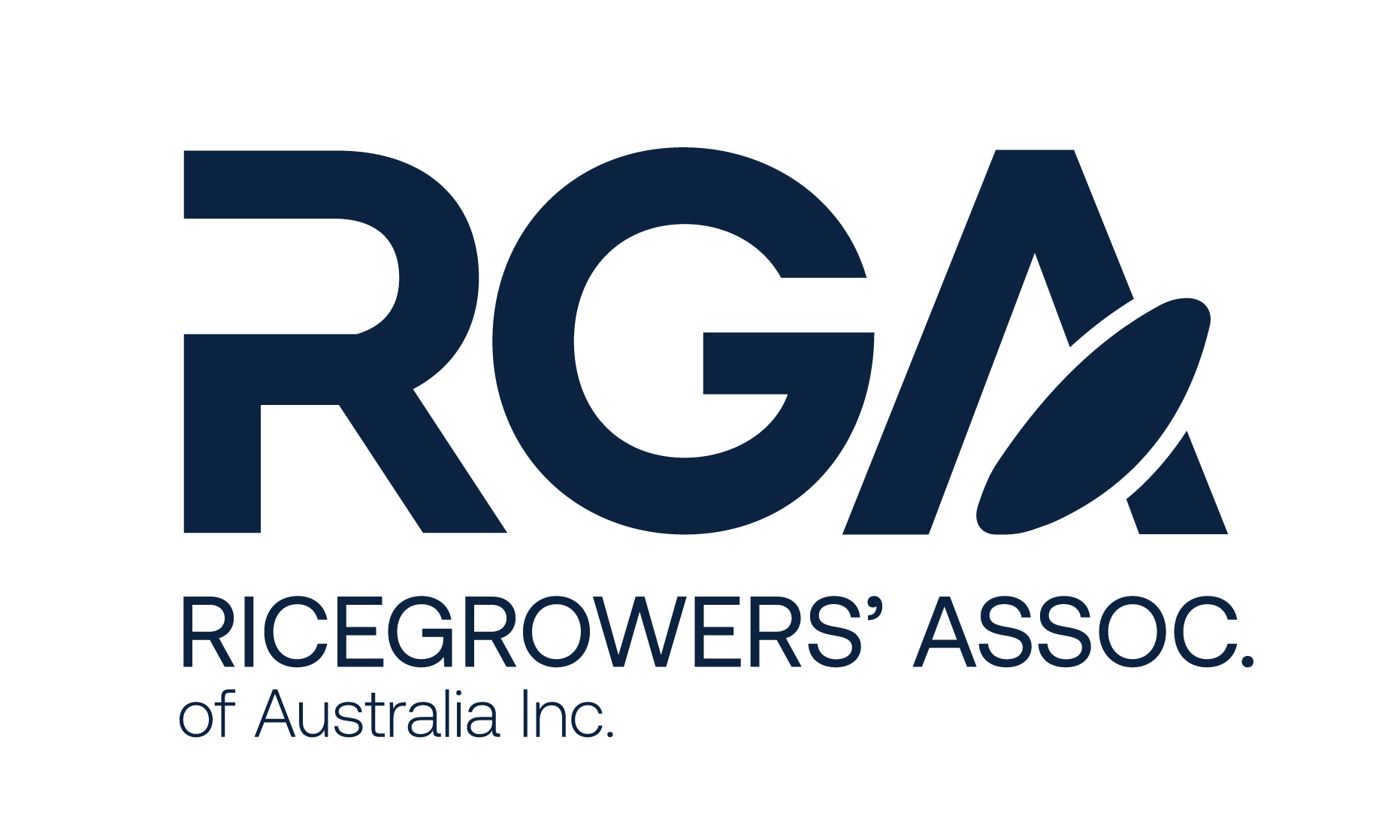Productivity Commission’s draft water report a disgrace
“The Productivity Commission’s draft review of National Water Reform report has blundered the opportunity to make a significant and lasting contribution to the future of water reform” is the view of Ricegrowers Association of Australia President Rob Massina.
The 2004 National Water Initiative is the overarching document governing water resource management in our country. It has laid the foundation for water reform within the Murray Darling Basin.
On balance the National Water Initiative has facilitated a significant improvement in water management throughout the Basin and Australia. Nevertheless, when drafted, it was not possible to foresee all the likely consequences of this major reform, nor understand how the context of water availability and management would change.
“The change in the last two decades has been significant, and a refresh of this document is now urgently required” said Mr Massina.
This review provides the Productivity Commission, as a conduit for the broader community, the opportunity to critically analyse the success or otherwise of the National Water Initiative, and to recommend improvements to assist the governments with the document’s renewal.
“However, in our opinion, the Commission has failed to outline many of the key learnings from water reform over the past 17 years, and to provide clear recommendations regarding several very serious water reform impacts facing rural Australia at current”.
“By way of example, while we welcome the recommendation for a strengthened focus on adaptation to climate change, we are alarmed by the recommendation that entitlement owners solely bear the full burden of reduced inflows. This is completely inequitable. Other water uses should also be responsible for some of this impact. Southern Connected Basin inflows have halved in the past two decades. If this recommendation is followed, and this trend continues, the Riverina food bowl will likely be completely wiped out” said Mr Massina.
“Similarly, the report suggests triggers be identified for periodically rebalancing environmental and consumptive (water) uses. If designed poorly, such a system could significantly undermine people’s ‘secure’ property right in water - a key pillar of the current National Water Initiative. Locking in uncertainty will discourage investment and innovation and ultimately undermine the feasibility of the irrigation sector.”
“The recommendations regarding community adjustment are also overly simplistic - the suggestion that industry assistance and grants be avoided is ridiculous. Broad community adjustment is best facilitated through supporting impacted industries to grow more with less - through research, development and extension, commodity market development and irrigator education. Industry delivers the vast majority of these services, often with the help of government grants and assistance. These task should be encouraged, not avoided.”
“Finally, the report’s language is ambiguous and allows much opportunity for interpretation. This unfortunately provides plentiful scope for the continuation for toxic politics, something the report agrees is currently significantly impeding the quality of government decision making on water.”
“Fortunately the Commission has the opportunity to rectify this situation with the release of their final report. We are hopeful that the final report will more accurately reflect community concerns and outline acceptable solutions” said Mr Massina.
